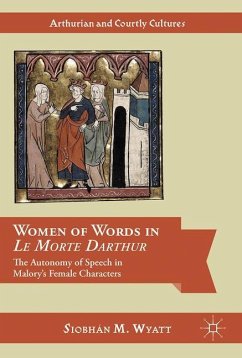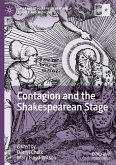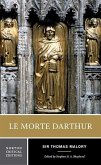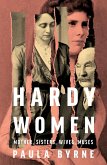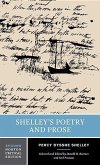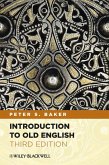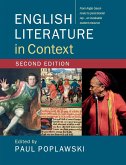Offering a new reading of Malory's famed text, Le Morte Darthur, this book provides the first full-length survey of the alterations Malory made to female characters in his source texts. Through detailed comparisons with both Old French and Middle English material, Siobhán M. Wyatt discusses how Malory radically altered his French and English source texts to create a gendered pattern in the reliability of speech, depicting female discourse as valuable and truthful. Malory's authorial crafting indicates his preference for a certain "type" of female character: self-governing, opinionated, and strong. Simultaneously, the portrayal of this very readable "type" yields characterization. While late medieval court records indicate an increasingly negative attitude towards female speech and a tendency to punish vociferous women as "scolds," Malory makes the words of chiding damsels constructive. While his contemporary writers suppress the powers of magical women, Malory empowers his enchantress characters; while the authors of his French source texts accentuate Guinevere's flaws, Malory portrays her with sympathy.
"Wyatt's work makes for an interesting and thought-provoking read, and will be informative for scholars of women and gender in Malory, as well as those with an interest in his use of Arthurian source material. It suggests other potentially fruitful areas of study for future scholars to explore and develop, including the effect of medium (letters, spoken word) on the female voice and construction of character in Arthurian literature." (Rebecca E. Lyons, Modern Language Review, Vol. 114 (3), July, 2019)

